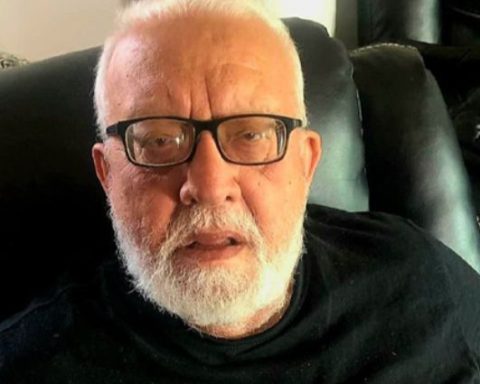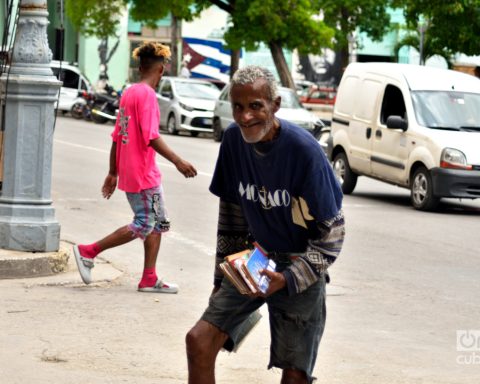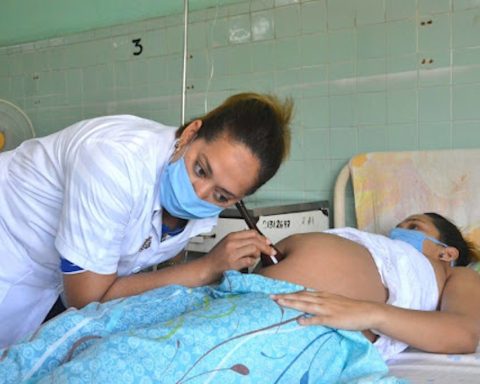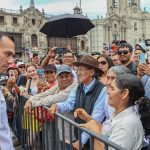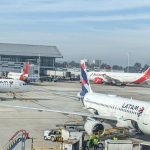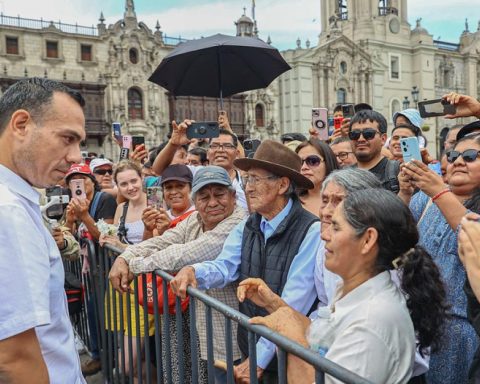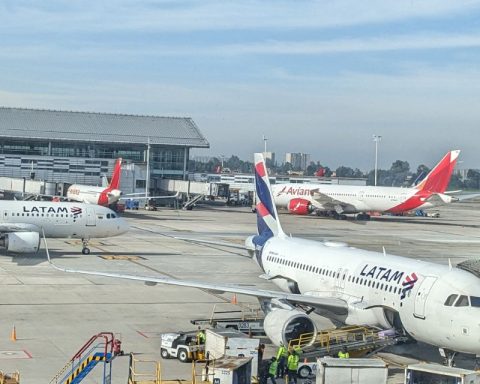HAVANA, Cuba. – After 6.7 magnitude earthquake registered in Pilón on November 10, the 4.3 magnitude earthquakewith more than 300 aftershocks, perceived just five days ago to the southeast of the same municipality in the province of Granma, was the farewell to a month of November plagued by blackouts, repression and natural disasters that marked “the lives” of the inhabitants of that territory. eastern.
The ravages suffered throughout November by a population long immersed in an energy, food and housing crisis, increased the multiple hardships. It was like killing a dead person or raining on wet things.
The manipulated and often hyperbolized data offered by the authorities of the Castro regime on the losses caused by natural disasters and recovery work do not convince anyone. It is known that the damage left behind by these disasters is used by the regime to beg for alms abroad. Hence, in the face of government apathy and inefficiency, the residents of Bayamo, Guisa and other municipalities of Granma react by demanding help from the authorities.
According to the official amanuenses of the provincial newspaper The DemajaguaAs a result of the earthquakes in that territory, damage has been reported to electrical structures that have affected 14,360 customers in the territory due to the fall of transformers, burst secondary lines, poles on the ground of the 33 KV line, etc. These damages justify that 11 municipalities in the province receive only two hours of electricity throughout the day. But many months before the earthquakes and the passage of hurricanes Oscar and Rafael, the Granma province was already the queen of blackouts in Cuba.
For months, any phone call, day or night, to Bayamo or Jiguaní, has invariably been answered by an answering machine: “The number you are calling is temporarily out of service.”
The food and fruit harvests are so depressed that buying a banana, a pound of rice or a mamey is more difficult than finding a needle in a haystack.
The regime has no food to offer, but it imposes disproportionate fines on farmers and street vendors, confiscates their goods, and sometimes sends them to prison.
Among the worst road networks in the country are those of Granma. The streets of the cities and towns, as well as the roads that connect Río Cauto with Bayamo or Cauto Cristo with Holguín, are literally impassable. And the shoddy asphalt patches that they put in place as a palliative for potholes and breaks only increase accidents.
Regarding the effects on the housing fund in the Granma province, there is little bad to talk about. And the dilapidated and uninhabitable state of the house has nothing to do with a hurricane, an earthquake or a bombing. But the solution to the problem outlined by the provincial Communist Party was the Plan “I don’t want huts on the road”, which did not consist of repairing the homes, but rather removing them from public view, mainly foreigners.
The excessive shortages have caused a growing level of discontent among the residents of the province, who, through social networks, from neighbor to neighbor, in lines, or in demonstrations in the streets, have put pressure on the representatives of the regime. in the territory. But the response has been police repression and harassment by State Security of those who claim any right on public roads.
The repression in Granma is always more specific than our daily bread, but this November it has taken the cake and has been present all month.
Various independent media as well as citizens on social networks have denounced the escalation of repression and the growing confrontation between the population and the regime in Granma.
The young José Ramón Benítez Andino, who on November 1, in a warehouse in the Latin American District, better known as Jabaquito, in Bayamo, confronted the Cuban ruler – visiting the place – and was detained by his bodyguards. He was later released, but later he was searched at his home by the political police, who prepared a file for him for a common crime and sent him to prison.
Also in the city of Bayamo, on November 13, the brothers Dional and Daniel Barrios Figueredo were arrested and sent to prison for the alleged crime of “alteration of public order” for peacefully demonstrating their disagreement with the blackouts, the lack of water, food, medicine and transportation.
On the 24th, the fall of a transformer that left a community that received power through a hydroelectric plant that was fed by the El Corojo dam, in the mountainous municipality of Guisa, in the dark, provoked a protest from the residents of the Military District. . They were immediately surrounded by the Police until the arrival of the first secretary of the Communist Party in the province, Yudelkis Ortiz.
The loud dialogue between the residents and the official reached its highest level of rejection when the leader proposed as a solution the incorporation of the network into the National Electroenergy System (SEN). In addition to a unanimous and loud rejection, it generated all kinds of ridicule about the inability of the Guiteras, Céspedes, Nuevitas, Mariel and Felton thermoelectric plants.

